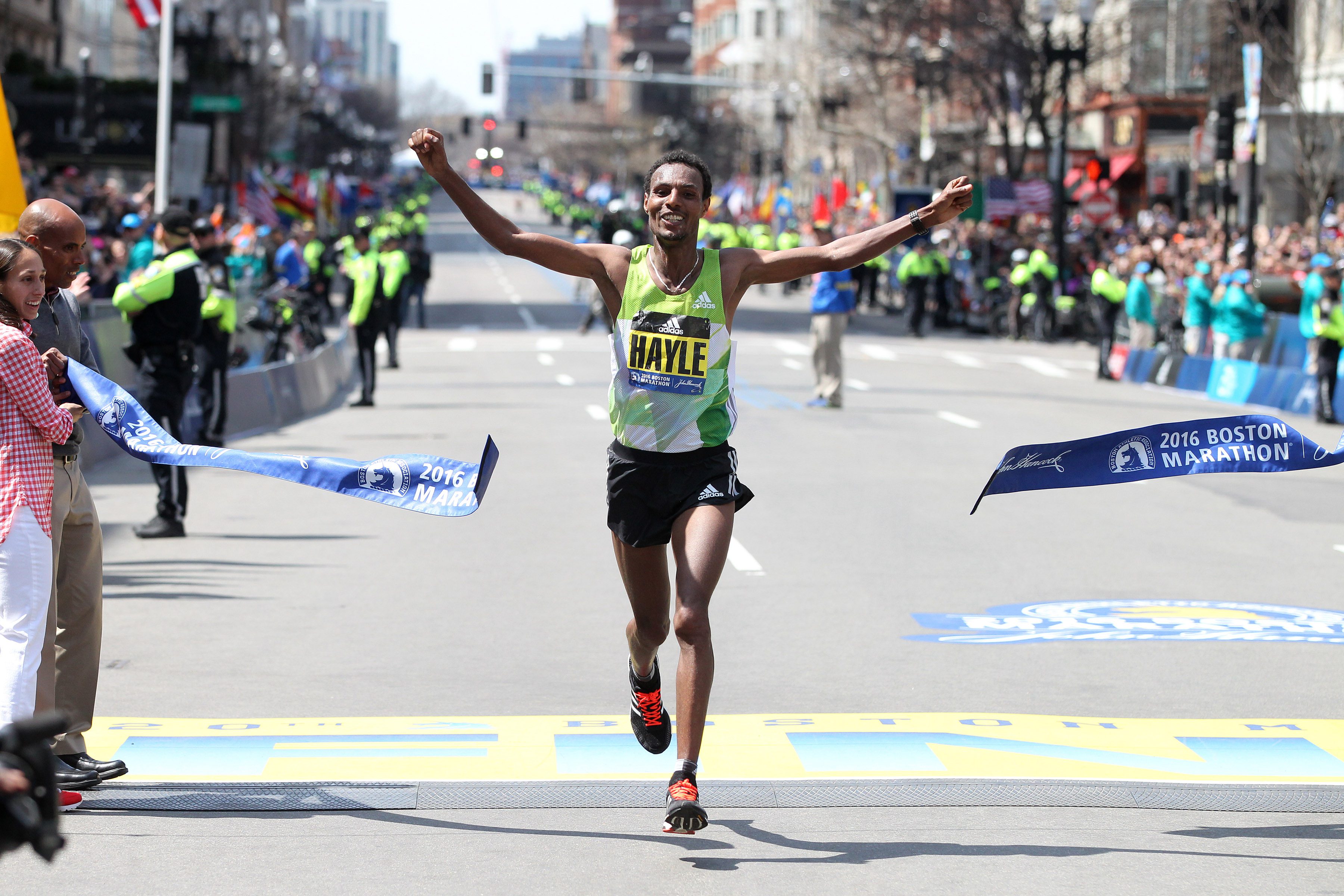What happens if Boston and the other World Marathon Majors are cancelled?
Nothing's been decided yet, but how will the season shake out if the World Marathon Majors are cancelled or postponed?

It seems like a major race is cancelled every day because of the coronavirus outbreak. Just last week, the World Half-Marathon Championships, Paris Marathon and Rome Marathon were cancelled (Paris and the World Half Championships were postponed until October). The first World Marathon Major, the Tokyo Marathon, was already affected when the mass participation event was cancelled (though the elite race went ahead). So far nothing has been officially decided regarding other big races, but it’s hard not to wonder what the rest of the season will look like if Boston, London and the other World Majors are affected by COVID-19.
Mayor Marty Walsh says as of right now, the city has no plans to suspend or cancel the St. Patrick's Day parade and Boston Marathon in the face of coronavirus fears: pic.twitter.com/0CDVwdlkva
— Boston Herald (@bostonherald) March 6, 2020
A busy fall
It looks like October is the go-to choice for postponed events, and why not? Especially when it comes to big races like Paris or the World Half-Marathon Championships, organizers want to have decent conditions on race day. It’s safe to assume that, should any upcoming marathons be postponed, they’ll be moved to autumn rain dates.
RELATED: LIVE UPDATE: How coronavirus is affecting running events
Three of the World Marathon Majors are already slated for the fall, with Berlin on September 27, Chicago on October 11 and New York on November 1. On top of that, the Scotiabank Toronto Waterfront Marathon is set for October 18, and, as already mentioned, the World Half-Marathon Championships (October 17) and the Paris Marathon (October 18) have both been pushed until then.
?️"The Government’s current advice is that all mass events should still go ahead."
A further update to this morning's statement can be found below. https://t.co/ORxU6ovanS#LondonMarathon
— TCS London Marathon (@LondonMarathon) March 3, 2020
RELATED: Rome Marathon cancelled, Paris Marathon postponed due to coronavirus
Temperatures in April, on average, are around 15 C in London and 14 C in Boston. In July and August, those rise to 23 C and 27 C. By October, they drop to about 16 C or 17 C in each city. Races have of course been run in hotter temperatures, but, ideally, these events would look for race days on the milder side. If event organizers don’t cancel their races outright, adding more runs to the fall schedule might be in the cards.

Elites only
The other option that organizers of these races might consider is doing what the Tokyo Marathon did and cancelling their mass participation events. This way, they could still feature their pro and wheelchair fields (Tokyo limited the event to 200 competitors overall), and they wouldn’t have to skip crowning 2020 champions.
RELATED: Coronavirus leads to one-year postponement of World Indoor Championships
This would definitely not be a popular decision among the public. If organizers decided to go this route, tens of thousands of runners would not only lose an opportunity to race, but the majority would likely lose money already spent on travel and accommodations, as well as hundreds of dollars for race entry fees alone. The Tokyo Marathon did not give refund for the cancelled mass participation event this year, and although they offered entrants the chance to register for the 2021 event, they still had to pay full price.
Tokyo 2020
Despite the bleak situation, the IOC came out last week and said that the Olympics will not be cancelled or postponed. Postponing the Games would be an enormous ordeal that would disrupt the seasons of thousands of athletes from all around the world. The only thing that Tokyo 2020 organizers want to do less than postponing the Olympics would be cancelling them altogether.
Cancelling seems to be completely out of the question. Tokyo and the Japanese government would be out billions of dollars after spending almost seven years preparing for the Olympics. Additionally, it was recently reported by the New York Times that NBCUniversal has already sold 1.25 billion dollars in ads for the Games. There’s just too much to lose for a cancellation to seriously be considered at this point in time.
NBCUniversal has sold $1.25 billion in ads for the Olympics in Tokyo this summer. If the media giant is anxious about the potential impact of the coronavirus, it's trying not to show it.https://t.co/TxIrEDY1gS
— The New York Times (@nytimes) March 4, 2020
There was speculation as to whether or not London would swoop in to save the day and claim the hosting responsibilities if Tokyo couldn’t follow through, but British government officials shut that proposition down.


